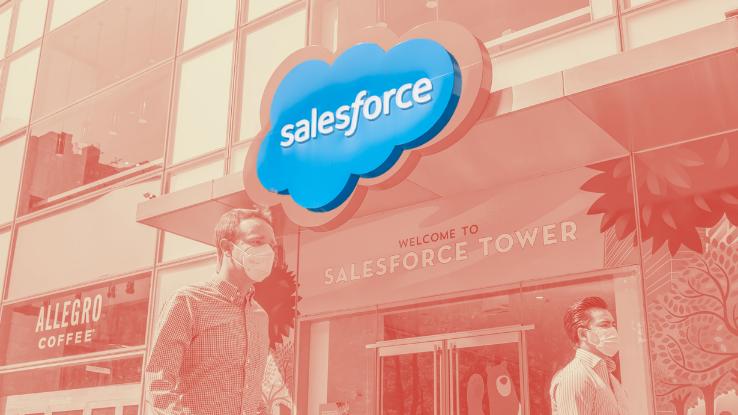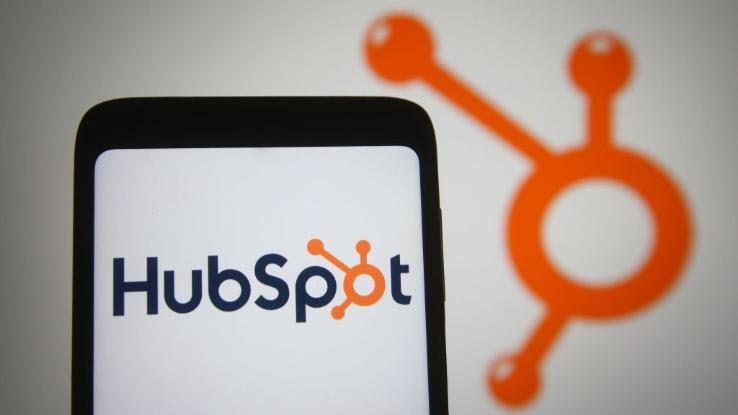
“Let me work up a quote.” Sound like a familiar phrase? There was a time when gathering a quote for a customer meant a lot of spreadsheets, emails, back-and-forth, do-overs (and re-dos), guesswork, and, above all else, time.
While all that might add up to a sale, it can also equate to opportunity costs, frustration and impatience. Thankfully, Salesforce’s CPQ software eliminates all the spreadsheets, emails, back-and-forths, lost opportunities, and general frustration — and replaces those grievances with automated, smooth, and professional quote generation, all of which happens near instantaneously.
And it’s all as easy as 1-2-3 or, more accurately, as easy as C-P-Q. Ultimately, sales and customer service staff will spend less time chasing down details and wild geese and more time closing deals and serving their customers and potential customers. Sounds worthwhile, right? Well, here’s everything you need to know about CPQ for Salesforce.
What Is the Goal of CPQ Software?
The goal of CPQ software is to generate complete, accurate, attractive, and actionable quotations as quickly as possible. After all, by the time a customer has chosen from all the options available to them, they’ve invested considerable time and energy into a potential purchase. The last step in converting that interest into a sale — and potential ongoing relationship — is to provide accurate and complete information about the costs of the products, services, and options. And, above all else, work up a quote.
So, here’s how it all works — as easily as C-P-Q.
“C” for Configure
Once Salesforce’s CPQ software is set up, the sales team will start with the first step, configuration. During this step, the software asks a series of fundamental questions about the customer and their needs: Are they an individual, government agency, or educational institution, for example? Each answer directs the system to the next set of relevant questions without having to wade through the minutia that doesn’t matter.
Afterward, the answers will be used to display a list of each possible product or service with all the compatible options and configurations. The products that don’t align with the customer’s needs won’t show up.

“P” for Price
If your sales team was just selling widgets at $1/unit, Salesforce’s CPQ software might not be necessary. But sales teams sell countless products and services that combine and bundle in myriad ways. Each combination triggers different pricing schemes, volume discounts, discretionary discounts, loyalty discounts, up-selling opportunities, time-limited promotional opportunities, and more. As such, sales staff simply can’t keep track of every possible price permutation that a customer needs, and deserves, to know.
However, the CPQ software can do just that. Sales staff won’t have to keep their head down in spreadsheets or stay glued to calculators or phone calls with the back office staff. Instead, they’ll be able to listen to the customer, input the relevant information into Salesforce’s CPQ software, and have it generate an accurate quotation that both the customer and company can trust.
“Q” for Quote
Once “C” and “P” are complete, generating a professional-looking PDF quotation is as simple as pressing a button. (Well, maybe more than one button.) Quotations will be branded, consistent across all sales teams, as well as accurate, complete, and trustworthy. CPQ for Salesforce also integrates e-signatures and dynamic updating to take into account special terms as required, too.
Once a vendor has set up its Salesforce CPQ software package, that entire three-step process takes just minutes and protects entirely against errors, misinformation, guesses, and lost opportunities.
So, is CPQ software an add-on to Salesforce CRM products and processes? Yes, you could look at it that way. But it’s also an essential part of developing good customer relations. The CPQ process ensures that customers can trust the information they get from their sales team. And a little trust goes a long way.
But Salesforce offers more beyond C, P and Q. For example, Salesforce Billing is an additional product and service that can be integrated with Salesforce CPQ to respond to an approved and accepted quotation by generating records for invoices, payments, and revenues.
How Is Salesforce CPQ Software Priced?
Not sure if it’s the right fit for you? Luckily, free trials are available. And, once you’ve decided to move forward, you’ll have two pricing options to pick from — CPQ and CPQ+.
Billed annually, Salesforce CPQ costs $75 a month per user. Moreover, there’s a 10-user minimum and each user requires their own annual contract. This package’s basic features include a product catalog, selection, and configuration of products, guided selling, bundles, pricing and discount management, document generation, contract management, basic order management, and integration with Salesforce’s Service Cloud platform.

On the other hand, Salesforce’s CPQ+ package is also available for twice the price — USD $150 per month, also billed annually. This version offers all the features of the CPQ version, plus advanced approval workflow and order management, but in a more customizable format. Additionally, the same proviso about the 10-user minimum and annual contracts still applies for this version.
Are There Alternatives to Salesforce’s CPQ?
Of course, Salesforce’s CPQ software package is not the only one out there, but it does offer one major advantage: seamless integration with Salesforce’s commonly used CRM platforms and other integrations.
Looking to scope out the competition? Five of the other leading CPQ products on the market today include HubSpot’s Sales Hub, which builds on HubSpot’s own CRM platform much like Salesforce’s CPQ product builds off of its own CRM platform; DealHub.io, which offers a complete revenue workflow system for businesses; and Oracle CPQ, which is based on Oracle’s Cloud infrastructure — though it can integrate with Oracle’s CRM system or stand-alone.

The third edition of Salesforce’s The State of Sales report refers to findings that show sales representatives spend two-thirds of their time generating quotations, writing proposals, and getting approval for quotations and proposals. That time amounts to hours, days, and weeks spent performing tasks the software can do much more quickly. Instead of handling quotation generation, sales reps should be spending their time developing relationships and trust with their potential (and return) customers.
With this in mind, Salesforce’s CPQ software aims to reduce the time sales teams need to spend on quote generation. Thus, when using Salesforce’s CPQ software, sales teams not only ensure customers receive better, more accurate quotations, but they also help themselves perform better. That is, they are more able to both identify their customers’ needs and assist them in accomplishing their goals.





